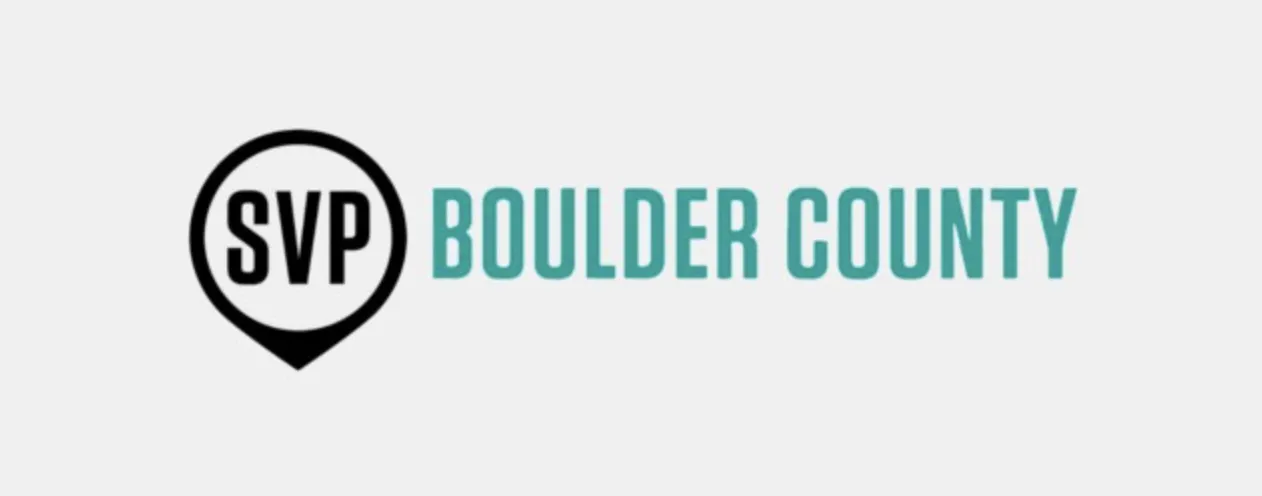Tayer: A flexible approach to recovering business vitality
“This too shall pass,” is a Persian adage that universally reflects the ephemeral nature of the human condition. Apparently, though, it wasn’t coined for the conditions that our business community and developers face in their efforts to secure approval for even minor modifications to their offices and commercial spaces or larger projects that align with community goals.
OK, I’m being a bit tongue-in-cheek here, but the fact remains that the city of Boulder has long been recognized for its challenging planning and permitting review processes, along with relentless citizen opposition to new development. Some might argue this is a desirable condition, somewhat akin to the badge of honor the United States Senate carries as the more deliberative legislative body, which leads to better community outcomes.
Thoughtful analysis and planning are one thing . . . Unnecessary bureaucratic delays in review and permitting processes and citizen intransigence inconsistent with wider community values is something completely different.
SPONSORED CONTENT
I’ve mentioned this issue before, but I take this moment to highlight the concern as our community — including our economy and beloved businesses — struggles to recover from the impacts of the COVID-19 pandemic. The hard truth is that our penchant for holding up business activity and investment decisions is having real consequences.
The other day, a local natural products business approached the Boulder Chamber regarding its need for additional manufacturing space. Its requirements weren’t significant, and we started working to locate a facility that would accommodate its operations. Soon thereafter it notified us that the city of Boulder’s reputation for project approval delays made it reconsider its decision to expand in Boulder.
Concerns like this plague everyone from the small restaurant that needs to make modest internal adjustments to larger workforce housing projects. It all adds up to a picture of inflexibility and disregard for broader community interests (let alone the livelihood of business owners, investors and employees). As one business leader said to me, “It is understandable and equally regrettable that in our society today we’d prefer to penalize, with grave economic ignorance, that part of the system that could actually be engaged to help alleviate the problem.”
As someone who engages with the city of Boulder planning and permitting staff members on a regular basis, I know they are working hard to overcome their historic reputation for delay and red tape. Even the City Council is providing encouragement for rooting out unnecessary review and permitting cycles. These are positive steps, but still more needs to be done.
Put simply, our businesses need the ability to respond to both the evolving market demands and new operating conditions in a post-COVID-19 environment. Here are a few examples of what that might look like in the Boulder context:
Affordability: In short, review process and permitting delays cost money, which impacts the price for residential units and commercial space. Let’s support staff in its effort to cut the red tape and drive planning review and permitting processes that expedite business decisions. This isn’t about compromising values and quality; it’s about understanding that every delayed decision is a potential lost investment in our community or crushed business vision.
Accessibility: Although related to affordability, accessibility also encompasses the creation of opportunities to welcome a more diverse citizenry and strengthens our community. In part, that means making more properties available to meet the demand for workforce housing and other neighborhood-serving amenities. We need to seriously rethink whether valuable single-use properties in east Boulder, for example, can better serve broader community goals through the development of attractive mixed-use housing and commercial centers.
Dynamism: Boulder has (once again) been recognized as the best place to live for many reasons, yet our flat sales tax revenue numbers indicate we’re losing our cachet as a regional shopping and dining draw. We need to think about revitalizing the urban experience for our community. That was the essence of the Macy’s transformation project, for example, just approved by the City Council. We need to return dynamism to our community centers by giving property owners and businesses the capability they need to respond to the demands of today’s market.
In summary, this too shall pass . . . We will get the COVID-19 virus behind us. Our economy and community will begin to recover. Yet, we will struggle to realize our full vision for a return to the vibrancy and economic vitality we’ve lost, unless we provide our business leaders with the flexibility to “help alleviate the problem.”
John Tayer is president and CEO of the Boulder Chamber of Commerce. He can be reached at 303-442-1044, ext 110 or john.tayer@boulderchamber.com.
“This too shall pass,” is a Persian adage that universally reflects the ephemeral nature of the human condition. Apparently, though, it wasn’t coined for the conditions that our business community and developers face in their efforts to secure approval for even minor modifications to their offices and commercial spaces or larger projects that align with community goals.
OK, I’m being a bit tongue-in-cheek here, but the fact remains that the city of Boulder has long been recognized for its challenging planning and permitting review processes, along with relentless citizen opposition to new development. Some might argue…





